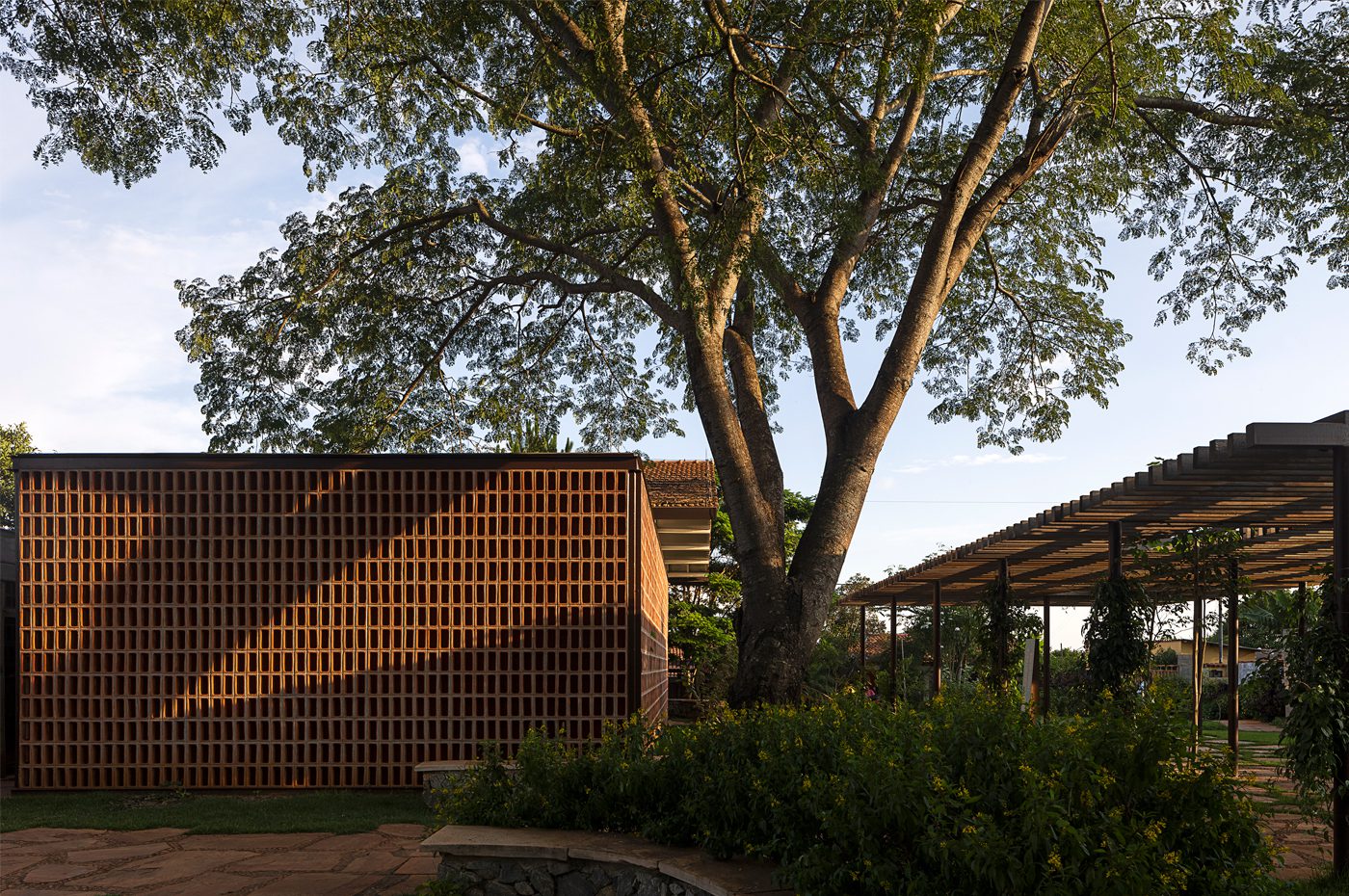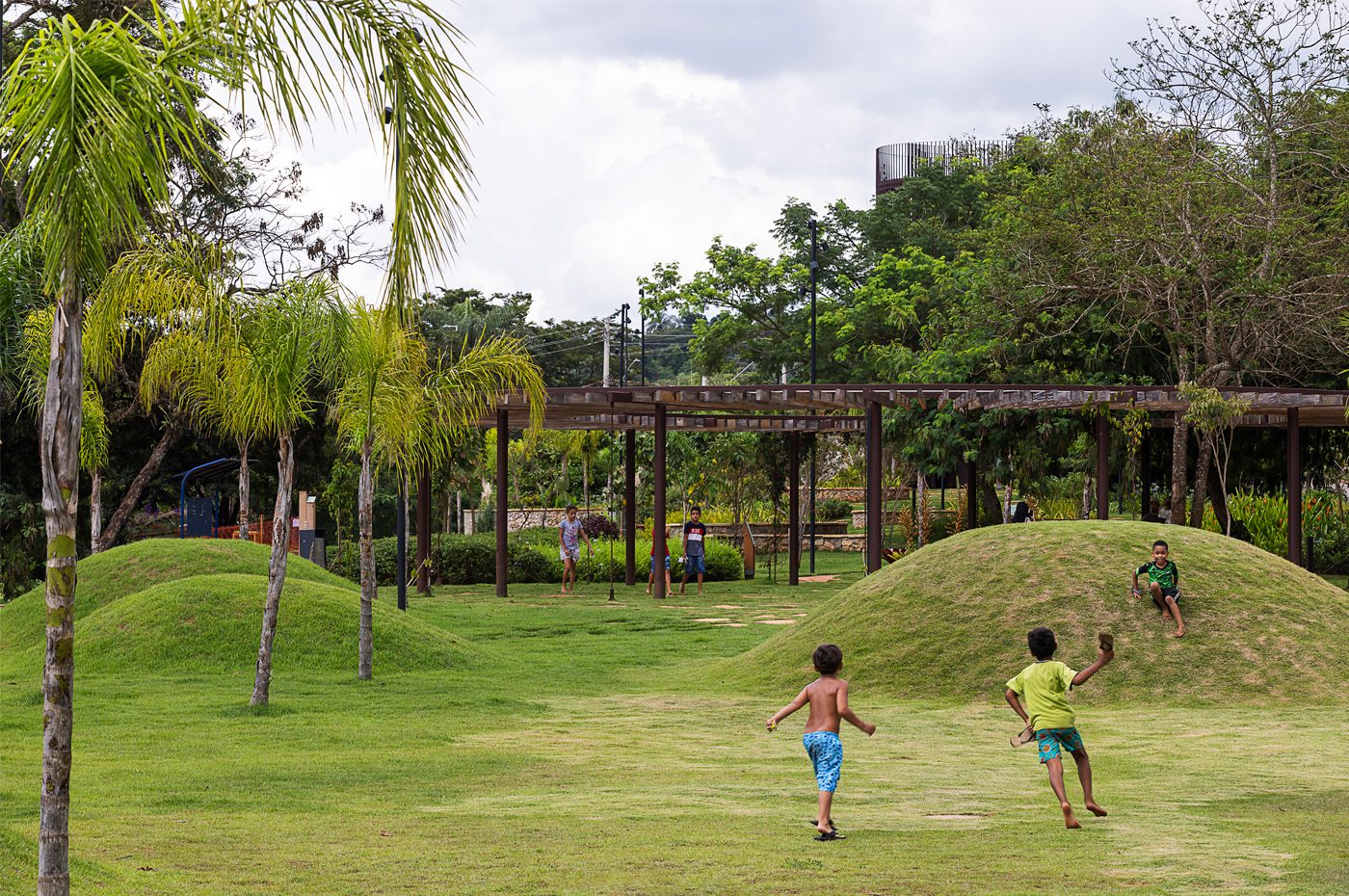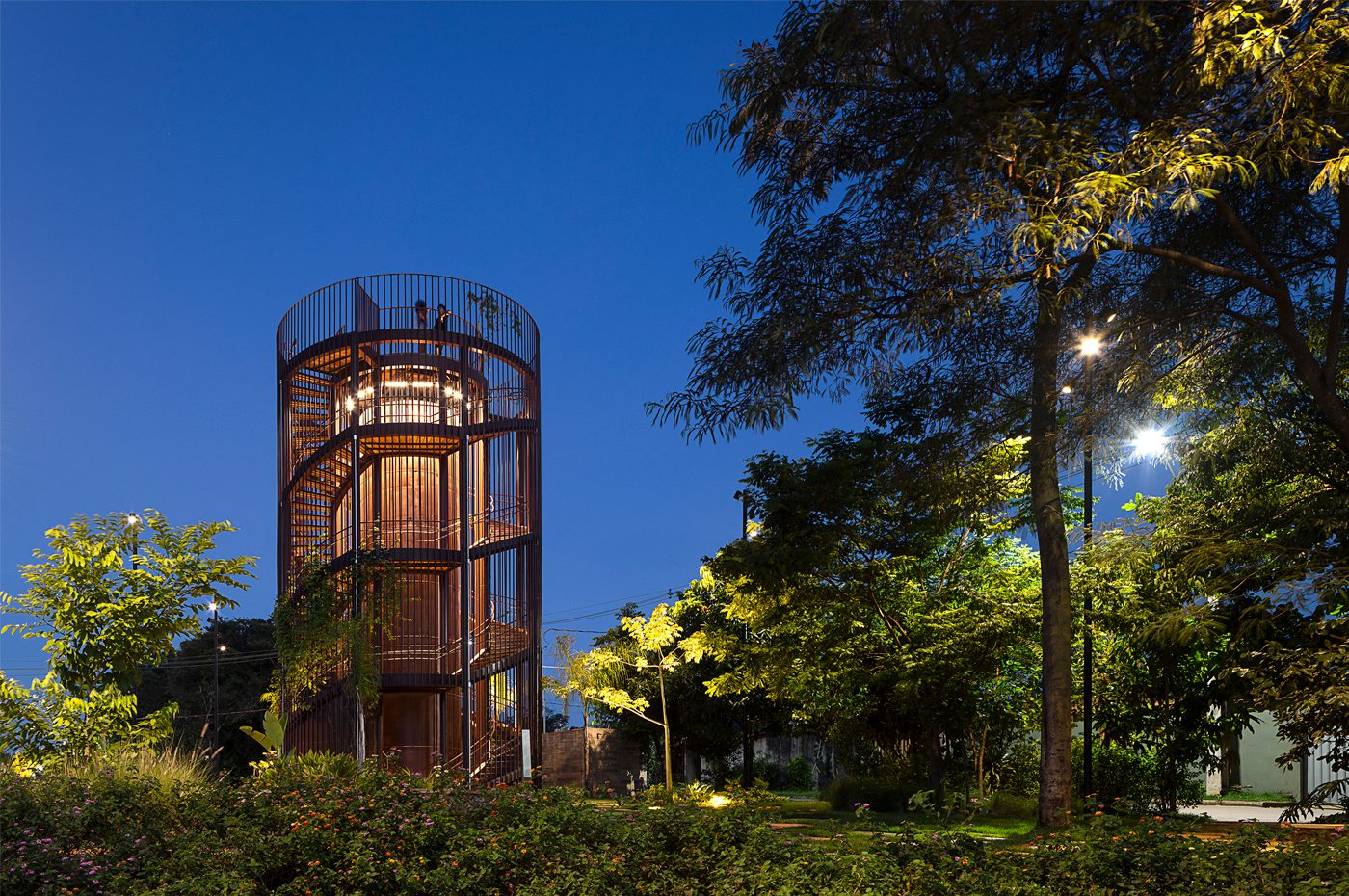Project implementation: Brazil
Project development: Brazil
The Território-parque project is based on the enormous challenge of revitalizing and creating urban, architectural, and landscape solutions so that the Córrego do Feijão community – the main impacted by the dam collapse in January 2019 – can remain and reconnect with the place of its origin and history.
The term "Park Territory" announces the purpose of connecting urban space to the landscape in which it is located, strengthening people's relationship with nature. The design strategy is guided by a socio-environmental connection present in each solution adopted, originating from the appreciation of water as a central element for life in this territory, and emphasizing the universalization of basic sanitation that incorporates alternative water supply options, the implementation of comprehensive sewage collection and treatment, and the proper disposal of solid waste.
On the one hand, the proposals presented seek to meet the values, expectations, and purposes expressed by the community, whose input was obtained through a series of meetings hosted by the Kairós Institute, which led to the socio-environmental integration of the planned actions. Additionally, and to expand and recognize these ideas from a systemic territorial perspective, the project relied on the reflection of a multidisciplinary team comprised of professionals from areas such as architecture, urban planning, environmental sustainability, biology, sanitation, landscaping, design, lighting and communications, and various engineering specialties.
The Territory-Park project is composed of four large contiguous and integrated areas – Central Area, Football Field, Ecological Park and Symbolic Area -, which maintain their particularities and will be presented independently, according to the planning of their sequential execution.
The architectural and landscaping programs of the Território-parque are conceptually based on the use and display of water resources through bodies of water, pools and conduction and irrigation channels.
Water will be constantly present in the various intervention areas. Architectural and landscape elements will serve as functional structures, increasing the village's air humidity and water availability for garden irrigation, recreational, and productive uses, contributing to increased green cover and reduced particle emissions.
Water also becomes a primordial element in the redefinition of Córrego do Feijão, by constituting new landscape and symbolic ensembles.
The Território-Parque project proposes the implementation of effluent collection and treatment networks for the entire community. The sanitation proposals present environmentally efficient solutions with low implementation and operating costs—such as constructed springs and filter gardens—that consider local topographical attributes and landscape values, contributing to the health of the population and environmental preservation.
The reconstruction of the community's living and social spaces, as a comprehensive reparation project, constitutes the redefinition of Córrego do Feijão, complementing and integrating the scope of MACh Arquitetos. New uses, or existing uses that required relocation or transformation (such as the soccer field and the symbolic area), have taken on new meanings in the reconstruction of social, cultural, economic, territorial, and symbolic ties.
Along with the implementation of the Territory-Park Project, actions are underway to strengthen local capacities for the management of new community facilities and the promotion of small economic enterprises, with a Network Economy approach, as well as the allocation of properties for social housing and uses complementary to the local economy and the land regularization of the entire urban center of Córrego do Feijão.




